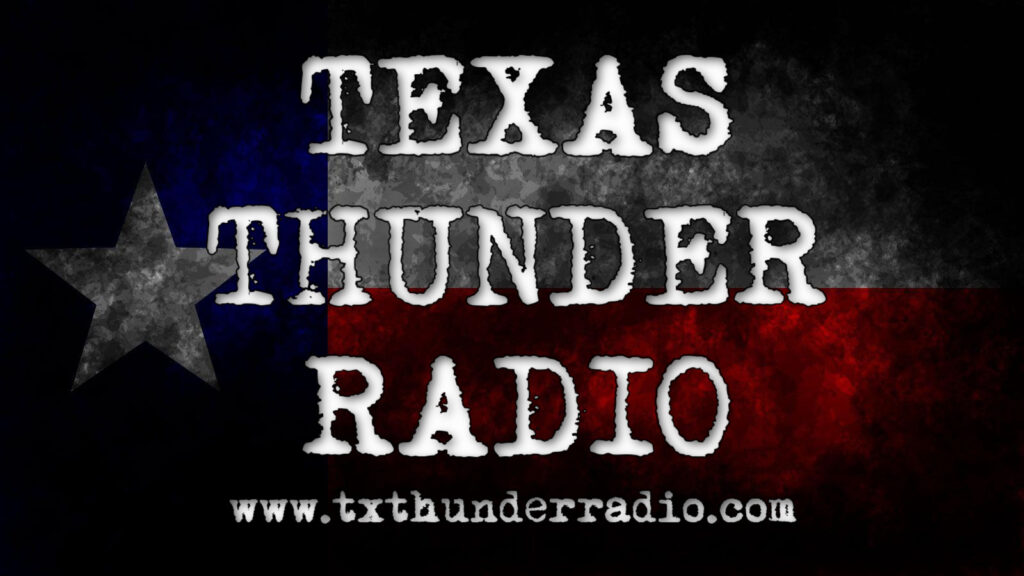 Roberto Micheli/iStock(NEW YORK) – This past week, officials in five of the nation’s biggest college football conferences, often referred to as the Power Five, made decisions that resulted in some of the country’s elite college football programs cancelling their fall seasons.
Roberto Micheli/iStock(NEW YORK) – This past week, officials in five of the nation’s biggest college football conferences, often referred to as the Power Five, made decisions that resulted in some of the country’s elite college football programs cancelling their fall seasons.
The Big Ten and PAC-12 have postponed their fall football seasons, as well as several other college sports due to the coronavirus pandemic.
Officials cited health concerns, specifically, the long term effects COVID-19 could have on the hearts of young athletes.
University of Iowa head football coach Kirk Ferentz expressed his disappointment, saying, “I think our players… this is what they live for. And when you play football, it’s such a small window. So it’s very disappointing. It’s very emotional.”
Officials in other Power Five conferences took different approaches. The Atlantic Coast Conference, or the ACC, along with the Southeastern Conference, also known as the SEC, indicated they will stay the course for now. The Big 12 released a revised football schedule this week.
The decisions from the Big 10 and PAC-12 were historic. The Big 10 has not missed a season since its inception in 1896, playing through the Spanish flu pandemic and two World Wars.
The absence of college football this year portends major economic fallout. According to ESPN, cancelling an entire college football season for Power Five schools could result in billions of dollars of revenue lost, with each school seeing an average loss of $62 million in football revenue alone.
Those estimates are conservative, excluding potential losses in areas such as corporate partnerships, conference distributions, and media revenue.
For local communities like Ann Arbor, Michigan and Tuscaloosa, Alabama, whose names are synonymous with the universities and college football programs they host, the economic impact could be devastating.
City Councilmember Emmanuel Remy is the Chair of Economic Development in Columbus, Ohio, home to the Ohio State Buckeyes of the Big 10. He told ABC News’ “Perspective” podcast that he is concerned for local businesses in the region.
“It’s devastating for those campus bars and restaurants and retailers that rely on game day revenue,” Remy explains. “Some estimate that up to 50 percent of their annual revenues come from game days.”
A cancelled season, Remy believes, will have ramifications on the local economy:
“I think it’d be unrealistic not to think that there could be closures as a result of missing out on the season.”
Dante Lucchesi helps run a local business in State College, Pennsylvania, home to the Penn State Nittany Lions, another Big 10 school. As director of operations at Champs Sports Grill, a bar and eatery near campus, he calls the cancellation of the fall football season a “complete disaster,” though not surprising:
“We really base our year upon probably about ten weekends. Seven of them are football weekends in the fall. Another is a football weekend and it’s in the spring. So taking that away from us really, really, really hurts… We weren’t surprised, but it doesn’t mean we’re any less devastated.”
Ronald Filippelli is State College’s mayor. He told “Perspective” that while Penn State football generates huge revenue, he is focused on combatting the devastating economic toll the coronavirus has taken on the town:
“I think like many others I thought they would play without fans… The fans aren’t here. They’re the ones who patronize the local businesses. The issue of whether or not you play, in my mind, doesn’t really mean that there’s going to be a different economic impact… Think about the impact on municipalities like State College. We’ve lost a tremendous amount of money as a result of the pandemic. For example, our parking revenues are down practically a million dollars.”
Filippelli believes a coronavirus relief bill would help State College make up for lost revenue:
“In that, there’s money for municipalities like us to help us cover the costs of the pandemic… we need that money.”
Not every business is likely to survive the cancellation of the fall football season. Business operators like Lucchesi hope college sports towns can stave off the coronavirus and survive until football returns in six months to a year’s time:
“Penn State is resilient. Penn State will bounce back. State College will bounce back. Champs will bounce back.”
Listen to the rest of this past week’s highlights from Perspective here.Copyright © 2020, ABC Audio. All rights reserved.










